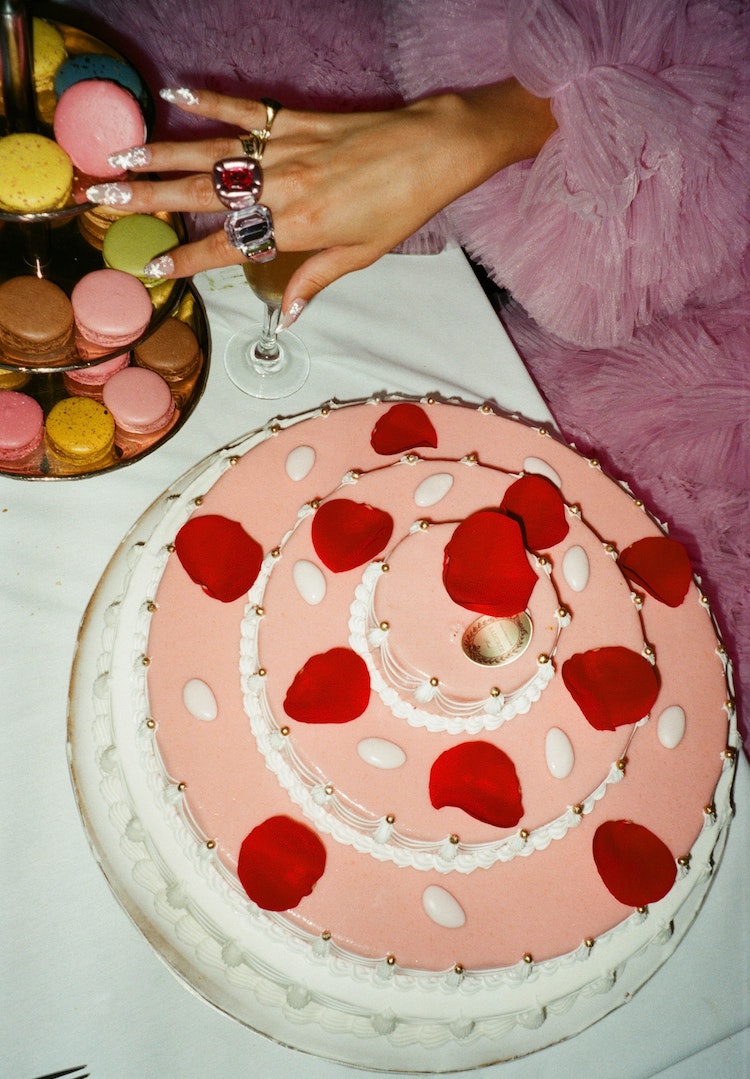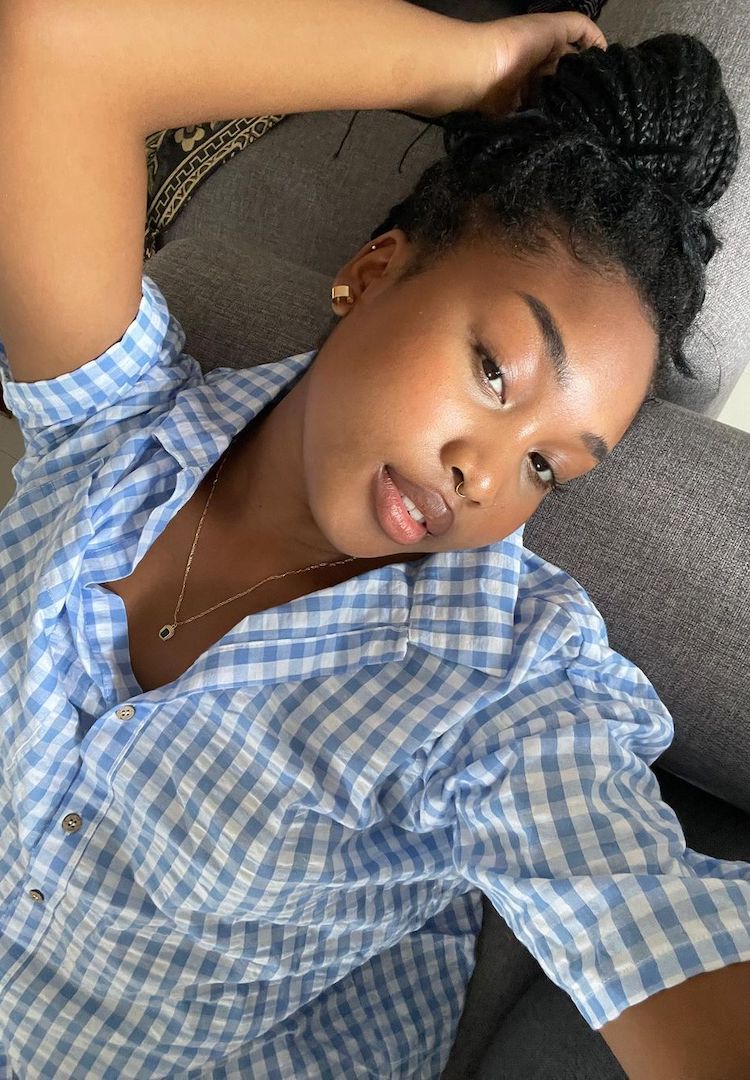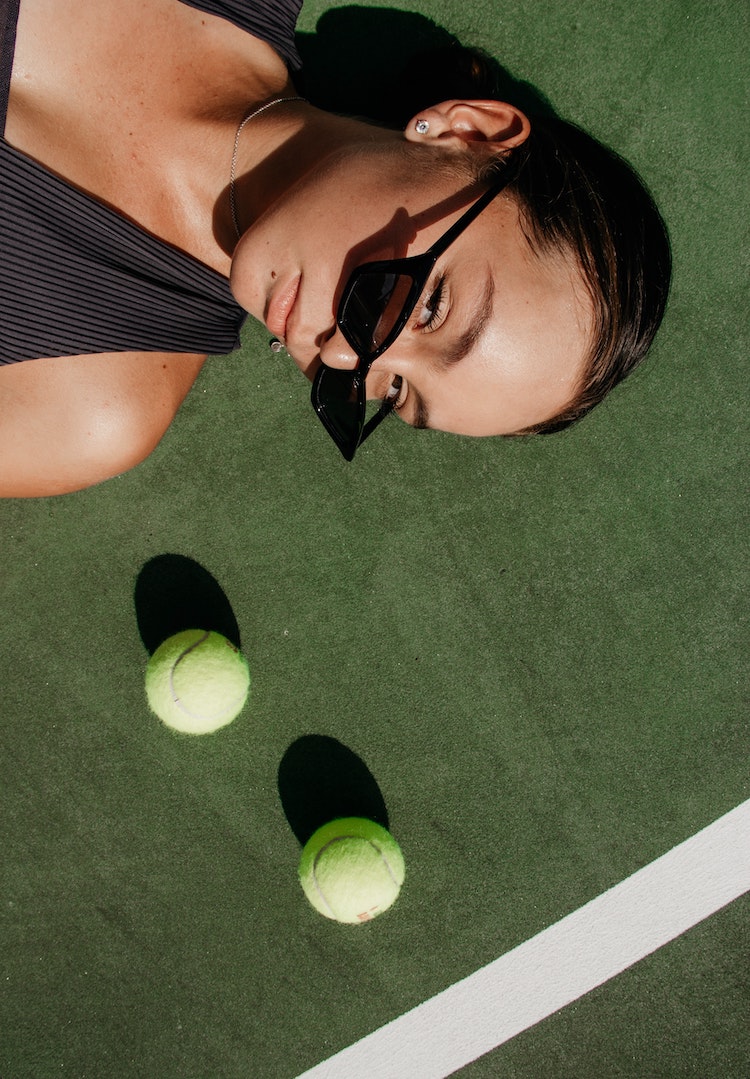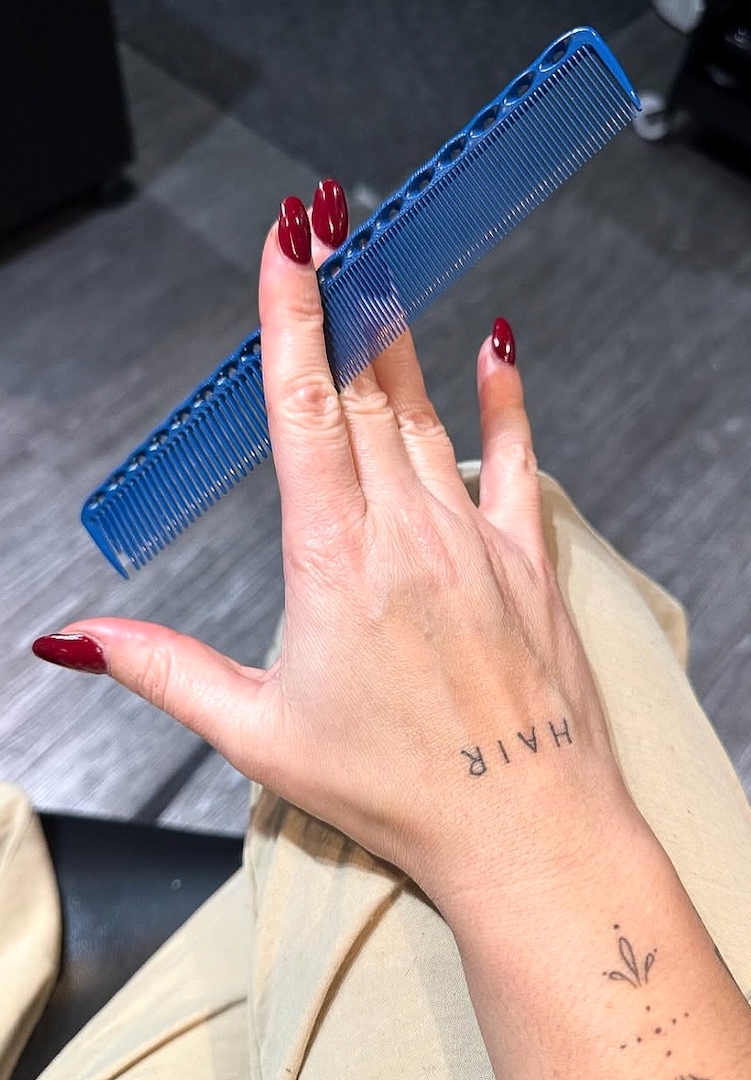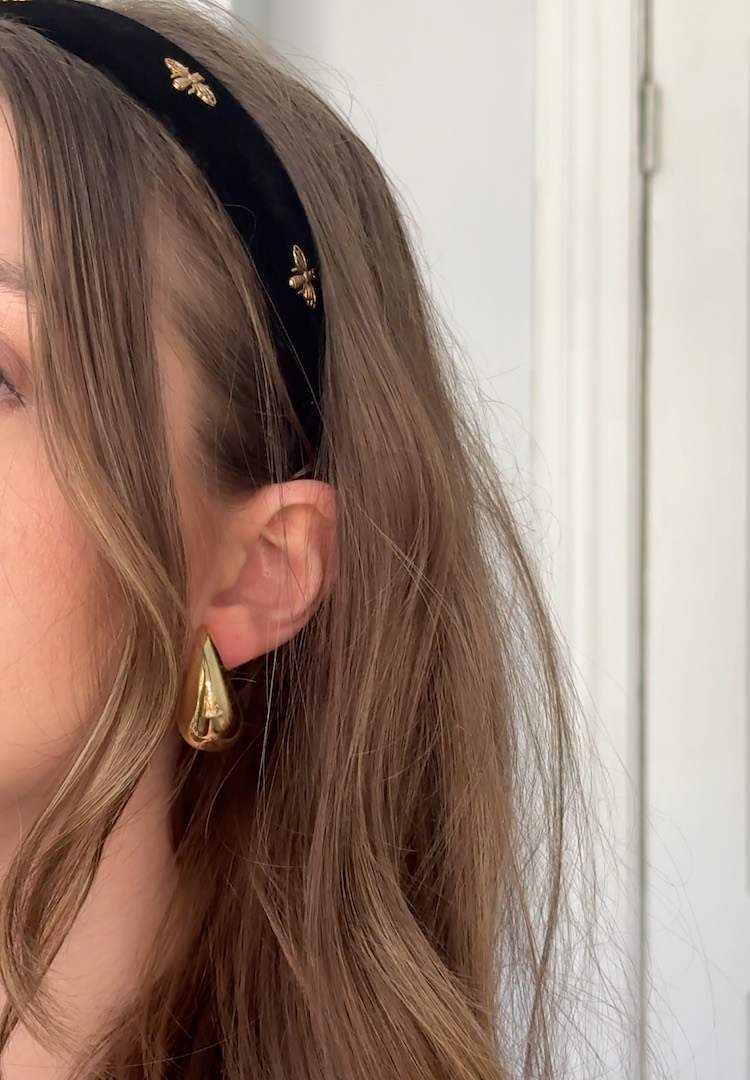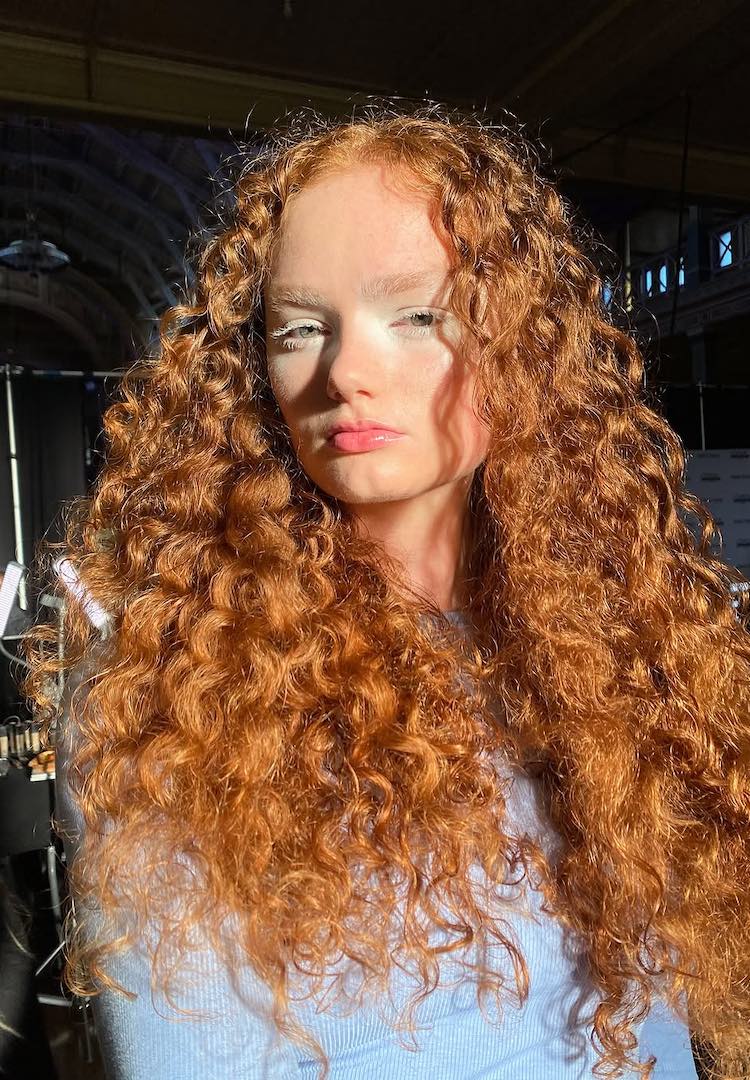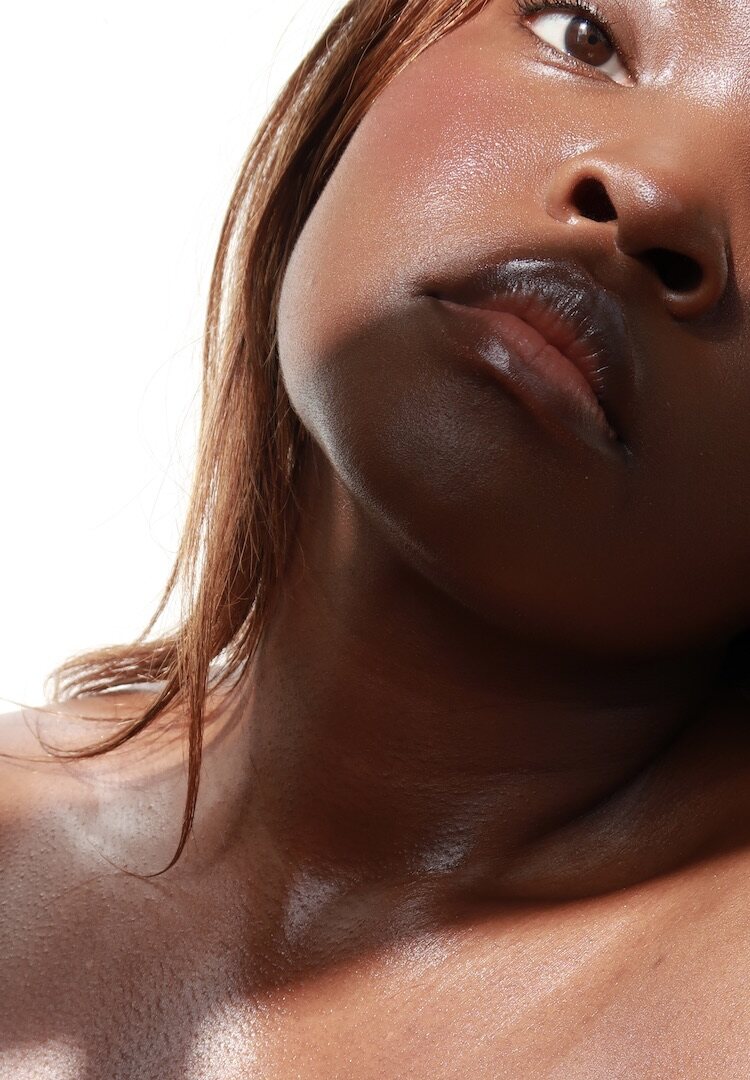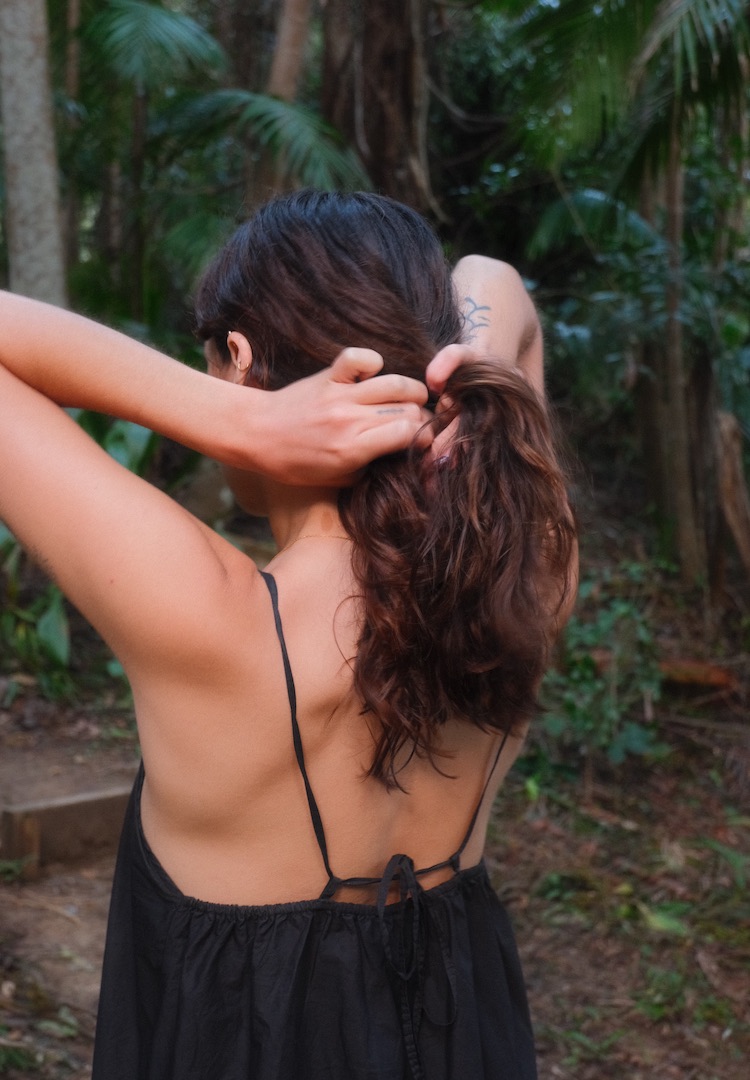How I learnt to feel beautiful and embrace my multiracial identity
IMAGE VIA @RUTHYHEWSON/INSTAGRAM
WORDS BY RUTHY HEWSON
“I used to compare myself with other Black or Asian girls in the hopes of putting pieces of my identity puzzle together.”
‘Hate’ was concerningly a common word in my vocabulary as a young child. But I guess growing up as a Nigerian girl in the Philippines has that effect. It’s so unfair. I admit it– I’ve fantasized about looking like Jhene Aiko or Kimora Lee Simmons since my teen years.
But instead of feeling seen, I hated myself even more. Since I was the only one in my family born without stereotypically ‘acceptable’ South-East Asian features – like light skin, a small nose, and long straight hair – I was perceived as the ‘mistake child’ throughout my life.
Interested to hear how others navigate the world? Head to our Life section.
Everyone would compliment my brother when we were out – how ‘long’ his nose was or how he was going to be the next best actor in the Philippines. All I ever got was “Is this one adopted?”, “Is this one your niece?”, or the classic “Why does she look like an n-word’?”.
Embracing my multiracial identity was difficult, especially after experiencing degradation as a teenager. So how did I learn to accept myself in a world that constantly compared me to others?
Where do I belong?
I felt irritated with myself for ‘not being good enough’. Whenever I saw a lighter-skinned Black celebrity on Instagram I immediately thought, ‘Why was I not born with her features? I wish I looked just like her’. In my generation, social media is so often a cause for comparison.
Whether it’s the tightness of my curls or the proportions of my body, I have been comparing myself to others all my life. It became increasingly difficult when other anonymous viewers (usually those lacking confidence) stumbled across my page, pointing out insecurities I was already so acutely aware of.
“Sorry but your Asian features aren’t as prominent, so you’re passing as Black,” one read. “You wouldn’t understand the struggles of Africans, you don’t even act like one!” another said.
When I first received these comments in a TikTok video at the start of the year, I stayed up until four in the morning, thinking about not how to reply. If people thought I needed to lean towards one ‘race’ in order to tick a box of acceptability, then maybe I didn’t belong anywhere… right?
An identity crisis
I was only a child when we moved to Australia, and it was the greatest decision my parents have ever made. But even though the country provided us with an abundance of new opportunities, my teen years left me feeling incomplete, my questions unanswered.
Why did I have to be so dark compared to my brother? Why was my hair so curly compared to my classmates? I was never sure about my identity as a multiracial teenager growing up in a predominantly White town. I tried to hang out with Asian groups but I felt ‘too Black’ to relate to their issues.
I was always highlighted as the darker-skinned girl with curly hair, and a younger me despised herself for being different from everyone else. Late at night, when the world fell into a deep slumber, I often caught myself staring at the ceiling thinking, ‘am I Filipino or Nigerian?’ I knew one thing for sure: I hated both sides.
My modelling journey
I’ve been pursuing modelling since I was 15 (for the last four years) and have been professionally working in the industry for nearly a year. And in that short span of time, I’ve gained a completely different perspective on myself.
I used to compare myself with other Black or Asian girls in the hopes of putting pieces of my identity puzzle together. What I slowly started to realise was comparing my life with another person’s, especially those that didn’t share the same heritage and experiences, only ended with a deeper sense of self-hatred.
I started celebrating my own achievements, which helped boost my motivation and self-love rather than crushing them. I bought a journal with the intention to only write the things I love about myself. I learnt how to braid my own hair and found the products to help nourish my skin and body. I learnt how to make the Filipino dishes that I would always harass my mother to cook for me.
I learnt that Afrobeats aren’t that bad and I don’t need to justify myself when I tan a shade darker in summer. And most importantly, I discovered that nobody else can decide who I am other than me.
Tell me I’m too Black to understand, tell me I’m too Asian to relate. But at the end of the day, I love the fact that I’m both Nigerian and Filipino, and nobody can convince me otherwise.
For more of Ruthy’s story, head here.

